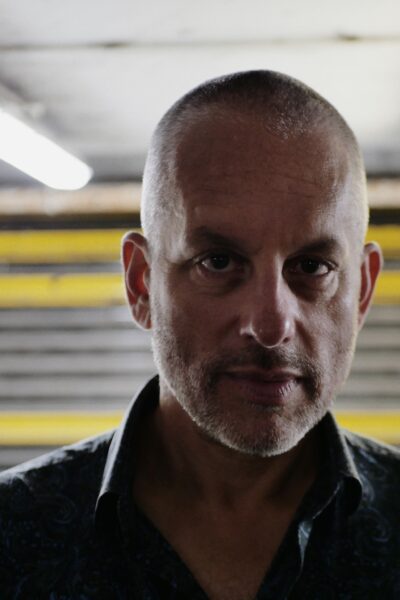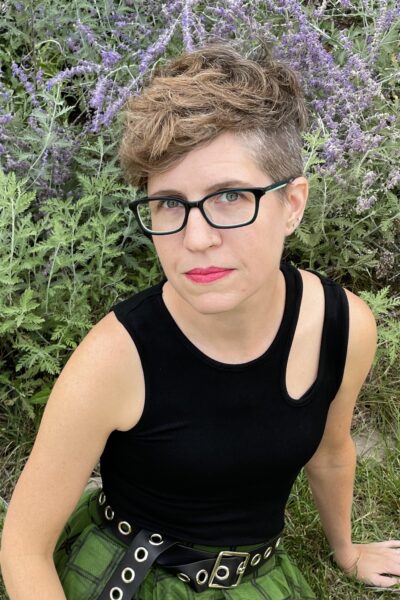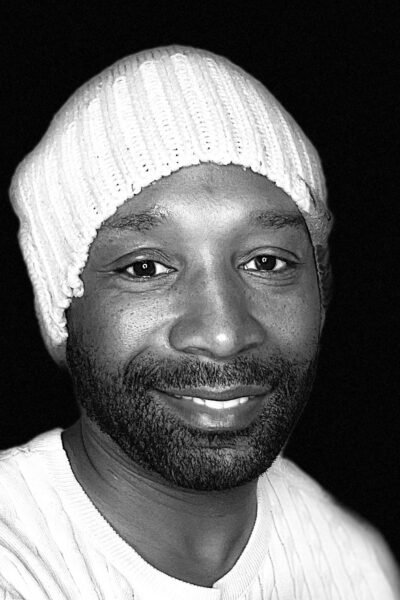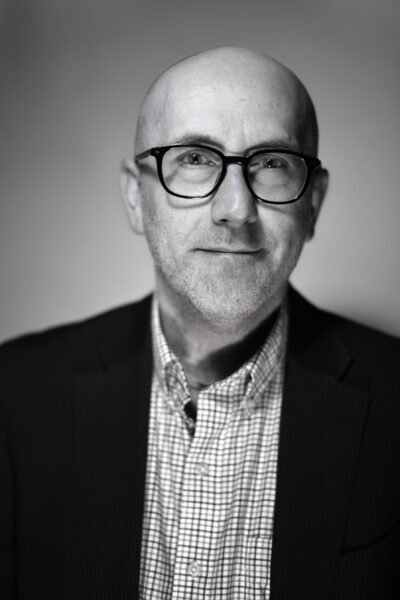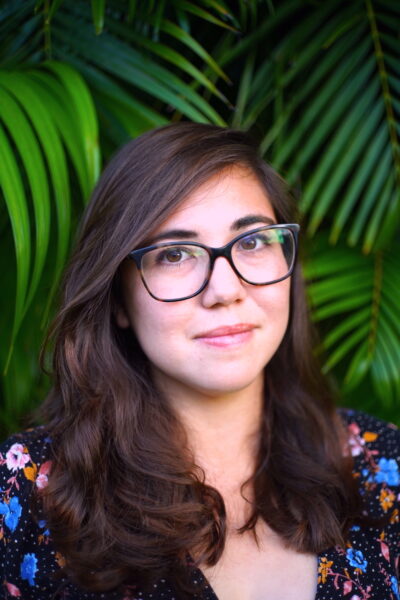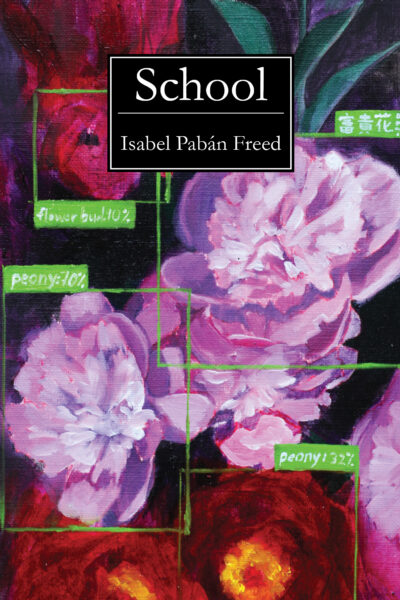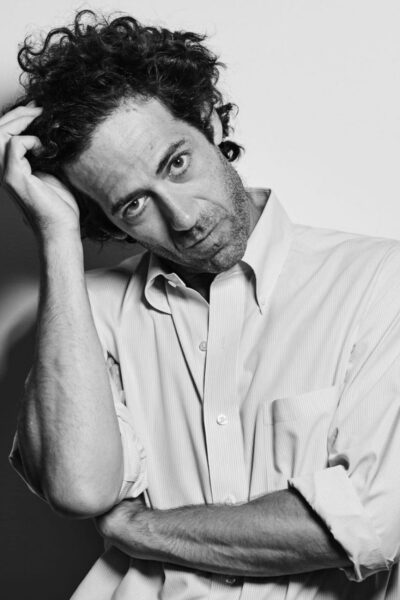I think of [the Russian soul] as acknowledging our suffering, our collective suffering. I think of it as a connection point with other people. Exquisite pain. I think there’s also a perverse enjoyment of suffering. It’s like, there’s something kinky about it.
At a basic level . . . houses are like corsets for the characters to break out of; they are stuck exploring and returning and opening doors over and over until something within them or within the world is sorted out and overcome.
There was, for a time, genuine class mobility—jobs for people who really didn’t expect them, who pursued their studies out of burning interest—out of trust and faith in what they did not know.
Writing Snakeskin taught me to remain open to the world around me—honestly, a pretty important trait for any memoirist—and to allow meanings to shift.
The 1980s HIV/AIDS epidemic narratives . . . essentially whitewashed the problem and privileged the lives of white gay men . . . Those narratives also infiltrated the publishing industry at the time: the only book-length narratives by a single author to have been HIV-positive, and probably later died of AIDS, were written by white, gay men.
Through the ventriloquist act of fiction, I could finally admit to the parts of myself and my situation that I was too nervous or scared or ashamed to see.
Unlike with a fat crime novel, where plot is king and words are more like soldiers going off to battle in wave after wave, these words are precisely chosen to maximize the spareness of the prose
I am inspired by writers who write their own stories without worrying how they might be received or criticized by the White audience. That’s fearless, and writing work you can stand by is essential. There is no guarantee about how well it will be received . . . Writ[e] something you are proud of, that’s my goal.
I don’t think of transness as this ontological curse, but I remember thinking that way. Part of writing the novel was trying to undo that thinking, even as I represent it.
Writing is its own experiment and we cannot determine whether the experiment has worked until we’ve given it a go.





